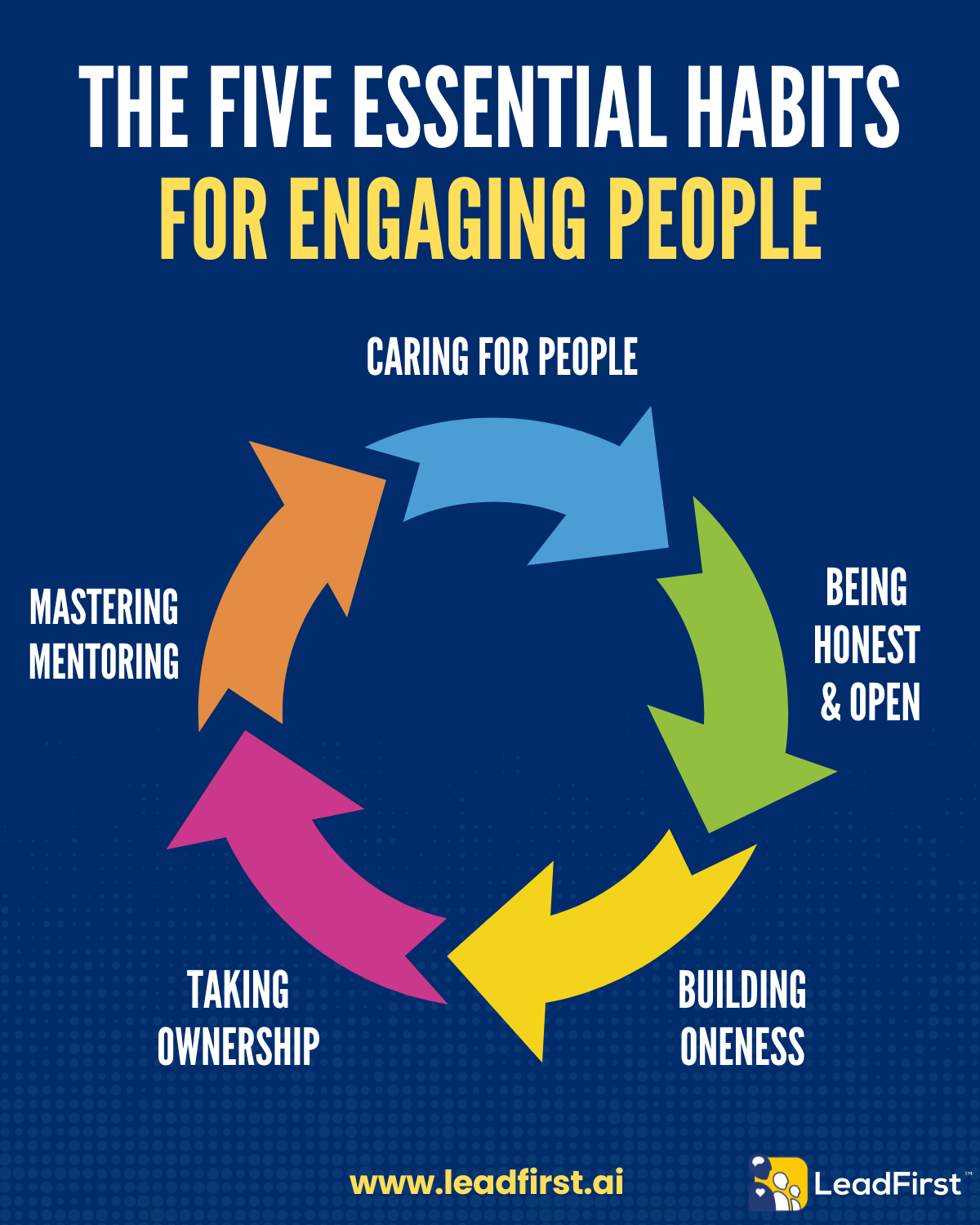The Five Essential Habits for Engaging People
Introduction
Engaging people effectively is a critical aspect of building successful teams and organizations. There are five essential habits that leaders must cultivate to engage people well. These are caring about people, building openness and honesty in relationships, building oneness, taking ownership as a team, and mastering mentoring.
1. Caring For People
The first and foundational habit of engaging people is
caring about them. A value, mindset, and chemistry hold the relationship in place. When leaders genuinely care about their team members, it changes how they think about them and their ability to relate to them. Leaders should be interested in their team members' lives outside of work and demonstrate their interest in the individual, not just what they can do for the organization.
2. Being Honest & Open
The second habit of engaging people is being honest and open. It builds on the first habit of caring about people. Honest and open communication is critical for building relationships and organizations that can achieve their potential. Leaders must build trust with their team members before they can be fully honest with them.
3. Building Oneness
The third habit of engaging people is building oneness. This habit is a higher standard than teamwork and means making something whole or complete. Leaders must form a team with a shared purpose to build a unit that functions as one. Building oneness is dependent on the first two habits, caring about people and being honest and open.
4. Taking Ownership
The fourth habit of engaging people is taking ownership as a team. This habit comes out of having formed a common vision for what the team is trying to achieve, and the group is committed to it. People have to work toward that goal and their behaviors have to demonstrate ownership. They have to subject their priorities to the group's priorities and think as a team.
5. Mastering Mentoring
The fifth habit of engaging people is
mastering mentoring. Leaders must transfer expertise, knowledge, and skills to the next person in line. In a growing organization, new people are always coming in, and leaders must master mentoring to ensure that the organization does not outgrow its ability to execute. Leaders should mentor their team members on the other four skills of engaging people.
Conclusion
In conclusion, leaders must cultivate these five habits to engage people effectively. These habits are interdependent and build upon each other. When leaders care about their team members, are honest and open, build oneness, take ownership as a team, and master mentoring, they can build successful teams and organizations that can achieve their potential.

Subscribe to the LeadFirst Briefing
Conquer Chaos in Your Business
- Order copies of Built to Beat Chaos for your team
- Lead your team through the Discussion Guide
- Set a vision for your business with the LeadFirst Purpose Workshop.





